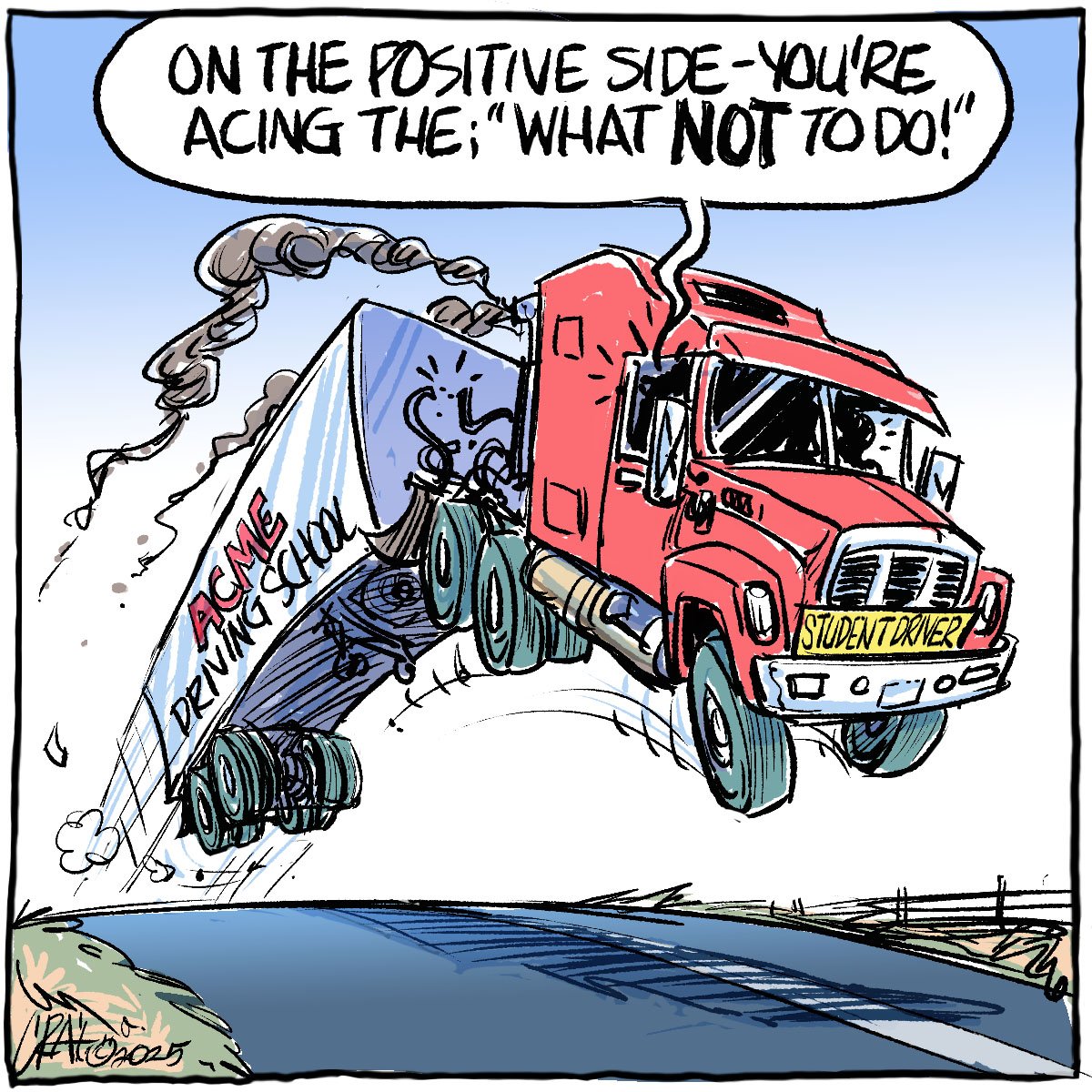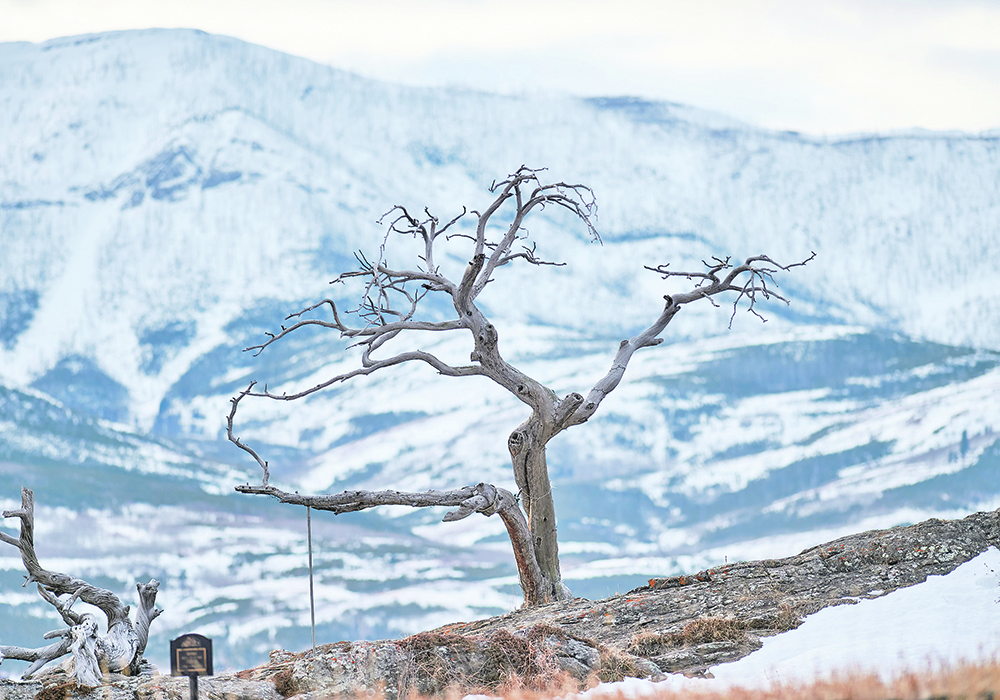There’s one sure-fire way to anger Albertans – promise us one thing and then renege on the promise.
In the midst of the rage over an extremely ill-considered plan to throw open the Eastern Slopes for coal mining, we were promised an independent process to provide advice to government on the future of coal.
From the terms of reference we have learned it’s not about an open, unfettered opportunity to tell the UCP government of our concerns about water contamination, of diverting water to wash coal, the reality of recreation, fish and wildlife and sustainable business losses, a real concern over human health, the inability to reclaim or restore mined areas and the overarching issue of climate change. Rather than discussing whether coal mining is a good idea, it is about the “where, when and how” of development.
Read Also

Efforts to improve trucking safety must be applauded
The tragedy of the Humboldt Broncos bus crash prompted calls for renewed efforts to improve safety in the trucking industry, including national mandatory standards.
A coal policy review on its own, with such a narrow focus, is a classic square peg in a round hole. No amount of pounding will make it fit with the concerns of Albertans.
The focus of the review is on three bits of legislation, all of which relate to the “orderly, efficient and economic development” of coal. The word “environment” only shows up in one of these acts and only in the context of coal development. Yet, it is the environmental issues surrounding coal development that Albertans want to discuss, not where we want holes dug in our Eastern Slopes to meet the needs of foreign coal companies.
Coal can’t be considered on its own, outside of regional, evidence-based land use planning, which includes cumulative effects assessments and reviews of ecological thresholds.
The Eastern Slopes are already busy and we can’t afford to cram new developments like coal onto them without consequences to our essential watersheds.
This flawed process fails miserably to provide meaningful input on the larger context of coal and how it relates to other issues surrounding its mining in the Eastern Slopes.
This doesn’t look like consultation. Instead, it has all the hallmarks of a condescending brush-off.
By constraining Albertans’ input to a narrow discussion, and not what most want to talk about, it is reminiscent of cattle being herded down a chute to a predictable endpoint at the slaughter house. The failed promise to have an open discussion on a broad suite of concerns represents a massive failure of the UCP government to effectively listen. It is about controlling the agenda, narrowing the focus to a predetermined outcome.
The outcome seems to be about giving legitimacy to coal mining in the Eastern Slopes despite the incompatibility with maintaining water quality, stream flows, air quality, biodiversity, recreation/tourism, aesthetics, traditional values and other sustainable endeavors, as well as dealing with climate change.
No amount of promised reclamation, mitigation or remediation will glue our mountains back together after open-pit coal mining. The Eastern Slopes are a gift we will not be given twice.
This bait and switch technique over coal is an insult to Albertans. It makes us even more wary of “consultation” and suspicious of the final recommendations when we are shoehorned into a limited range of topics.
The UCP seems inexplicably invested in coal development despite the weight of evidence this is not in the social, cultural, economic and environmental interests of Albertans. It must be driven by a powerful ideology where the answer comes before the question.
In terms of this flawed approach to a review of Alberta’s coal policy, there is no right way to do the wrong thing.















